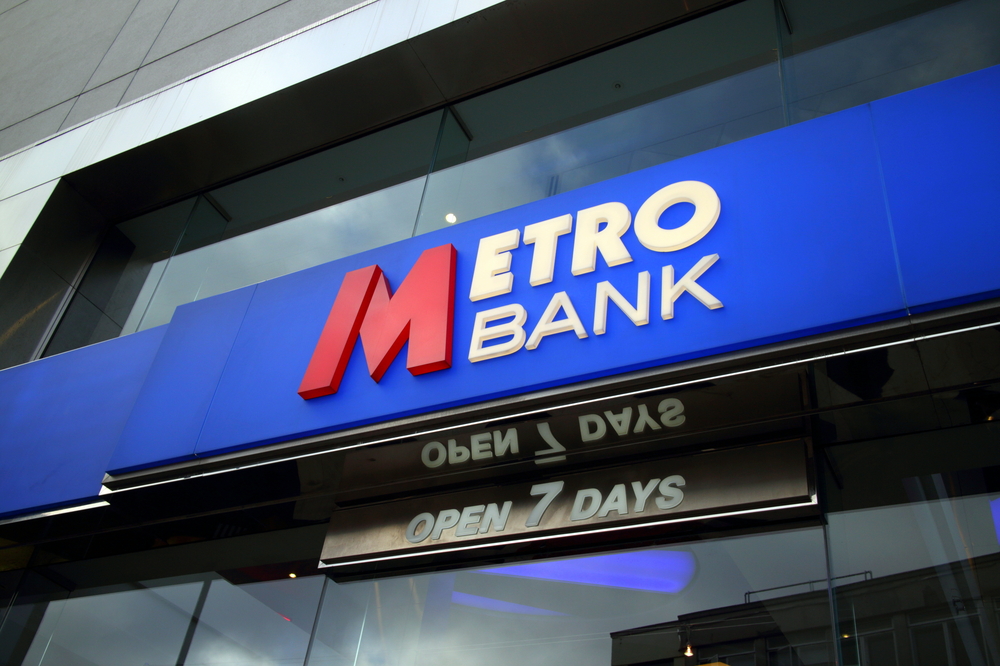News
Metro Bank to increase overdraft rate to 34%

Metro Bank is more than doubling its overdraft interest rate from April 2020.
The rate for both arranged and unarranged overdrafts will go up from 15% EAR to 34% EAR. The changes will come into effect from 25 April.
Until last year, Metro Bank charged £10 if a customer slipped into an unarranged overdraft or didn’t have funds to cover payments due to leave their account. However, this charge was removed from 10 December 2019.
Metro Bank said more than 93% of customers who use either a planned or unplanned overdraft will pay, on average, the same, or less than they currently do.
A spokesperson for the bank said: “We’re making some changes to our overdraft pricing for personal customers, including removing all paid and unpaid item charges. This is in line with the new regulations to make it easier for customers to compare overdrafts. We also have a range of support services in place to help any customer who needs them.”
Metro Bank is the latest in a host of banks to overhaul its overdraft pricing structures ahead of new Financial Conduct Authority rules coming into force in April, with most setting their new interest rate at 39.9%.
Here’s a summary of what’s been announced so far:
TSB – single 39.9% interest rate
Barclays – single 35% interest rate with a £15 interest free buffer
Nationwide – single 39.9% interest rate
HSBC – single 39.9% interest rate with a £25 interest free buffer
RBS/NatWest – single 39.49% interest rate
First Direct/M&S Bank – single 39.9% interest rate with a £250 interest free buffer
Santander – single 39.9% interest rate
Monzo – interest rate of 19%/29%/39% depending on customer’s credit score
Starling – interest rate of 15%/25%/33% depending on customer’s credit score
How to deal with your overdraft
Sarah Coles, personal finance analyst at Hargreaves Lansdown, shares her tips for clearing your overdraft balance:
- Look at what you spend each month, and find ways to cut your costs to free up money to repay. Cutting your bills is usually the most pain-free way to start, but keep a spending diary too so you can spot your most expensive habits
- If you have a good credit record, consider a 0% balance transfer credit card. You may have to pay a transfer fee, but this will give you a decent period of time in which to repay your debt. Before you take this approach, think carefully whether you have the discipline not to spend on this card – or you’re going to end up making the problem worse. Pay the card off before the 0% deal runs out. This can be easier said than done, so don’t rely on doing this manually: set up a direct debit
- If a card isn’t right for you, consider a low interest loan. This has the advantage of being for a fixed sum – so you’re not tempted to dip in over and over again when you’re meant to be paying it off
- If there’s still a risk you’ll occasionally dip slightly into the red (less than £250), consider a switch to First Direct, which offers an interest-free £250 overdraft buffer.